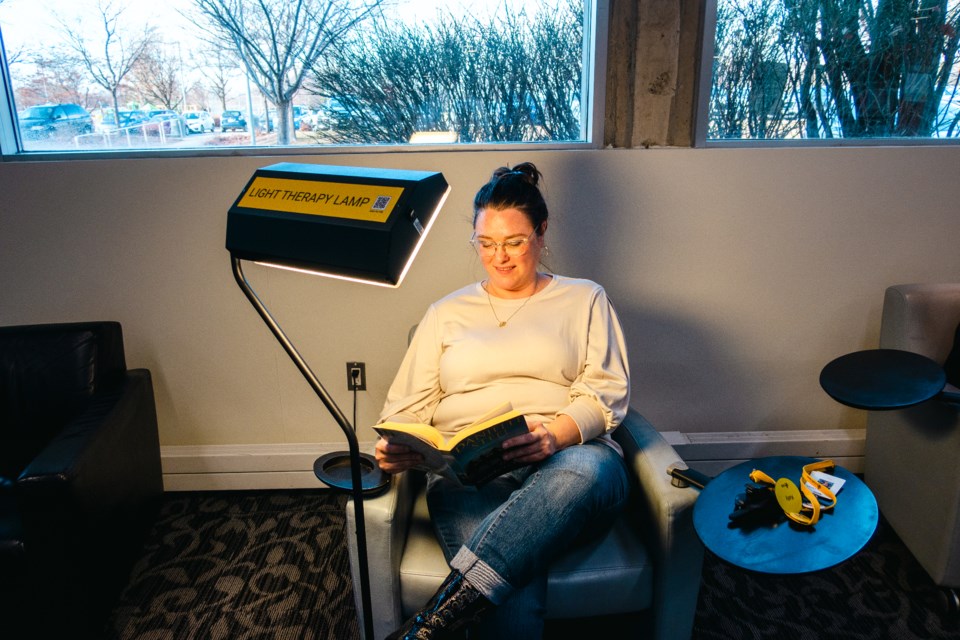Editor's Note: This article originally appeared on Jan. 2, 2024.
Seasonal affective disorder, or SAD, is a type of depression. While the cause is not definitively known, it’s believed that the shorter days and lack of sunlight associated with the fall and winter months may contribute to chemical changes in the brain, and may be part of the cause.
The probability of SAD increases with age and tends to affect more women than men. A family history of SAD or other forms of depression and living in colder climates also increases the risk.
In Canada, anywhere from 2 to 6 per cent of the population experiences SAD.
“Many people experience what is commonly called ‘the winter blues,’ which is a slight lowering of mood and energy. This can be compounded by post-holiday experiences like the let-down of not having something to look forward to, fatigue from the busyness of the holidays, returning to work/school/routines, and missing the visits and social connections,” says Melanie McGregor, Manager, Quality and Health Promotion at the Canadian Mental Health Association Halton Region Branch.
“While many people may experience these mood changes and be able to cope, SAD is a diagnosable condition that will have a more significant impact on day-to-day life, and additional stressors or challenges can have a further impact.”
Symptoms of SAD may include:
- Lowered mood; feelings of sadness, emptiness, or hopelessness
- Irritability and anxiety
- Crying
- Feeling tired all the time or having trouble sleeping
- Changes in appetite, in particular, cravings for sweets and starchy foods
- Trouble focusing and less motivation at work or school or in other settings
- Decreased interest in things formerly enjoyed, like hobbies
- Isolation and withdrawal from others
- Thoughts of suicide
Light therapy, counselling, medication, and lifestyle changes, such as physical activity and spending more time outdoors, are some of the ways SAD can be treated.
“Different treatment and coping strategies will work for different people, and connecting with a doctor or another health professional is a good first step,” says McGregor.
While we may all feel a little down from time to time, if your mood changes are having an impact on your life and disrupting your ability to do normal daily activities such as work, school, and caring for yourself and others, it could be a sign that more help is needed.
“The Canadian Mental Health Association Halton is a great option," says McGregor. "We can discuss available supports and help get people pointed in the right direction. We also offer free call-in counselling. Call 289-291-5396 to make an appointment to talk with a counsellor by phone, via video conferencing, or in person in Oakville or Milton.”
If you’re seeking help, other options in the Burlington area include:
- Distress Centre Halton
- Reach Out Centre for Kids (ROCK) – support for youth under 18
- Thrive Counselling Services
- COAST Halton 24/7 Crisis Line – 1-877-825-9011
- ROCK 24/7 Crisis Line - 905-878-9785
- 9-8-8 National Suicide Crisis line – call or text 9-8-8



